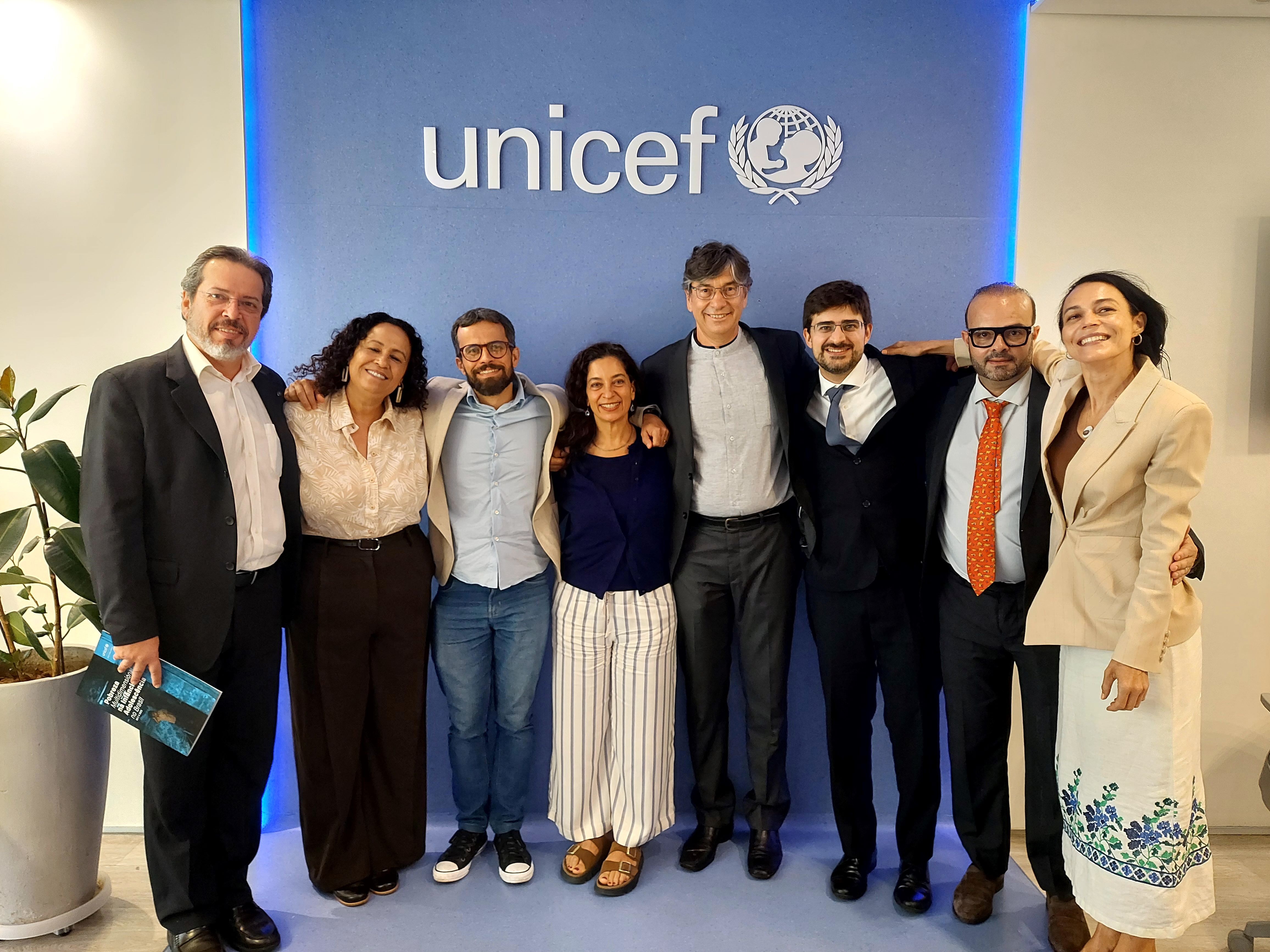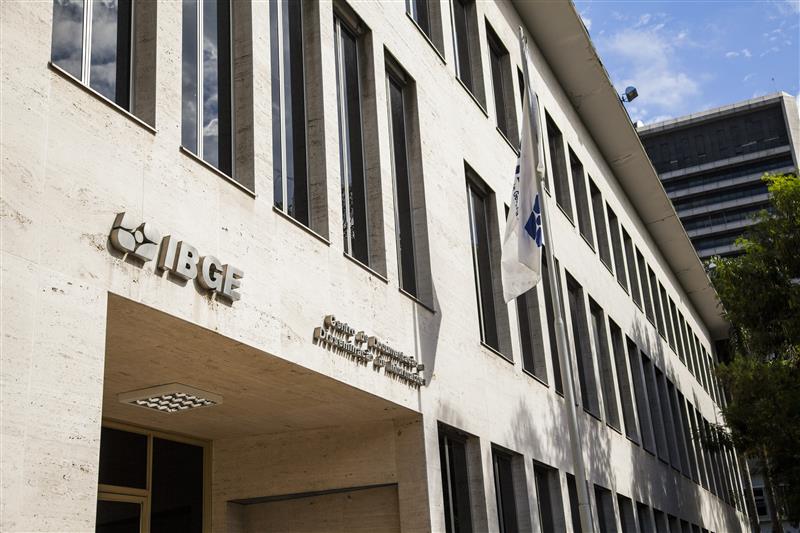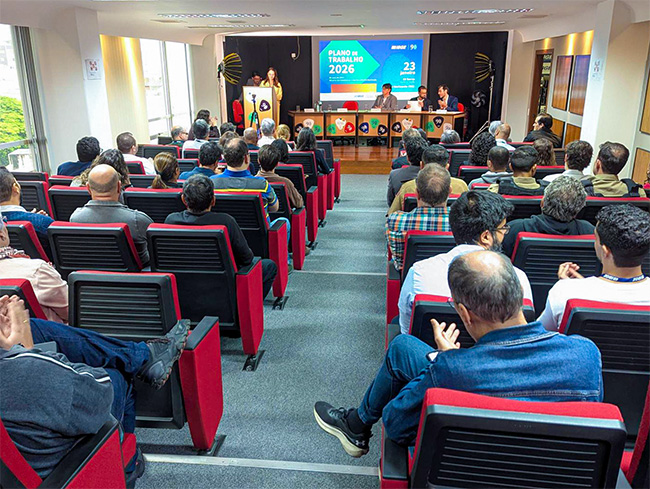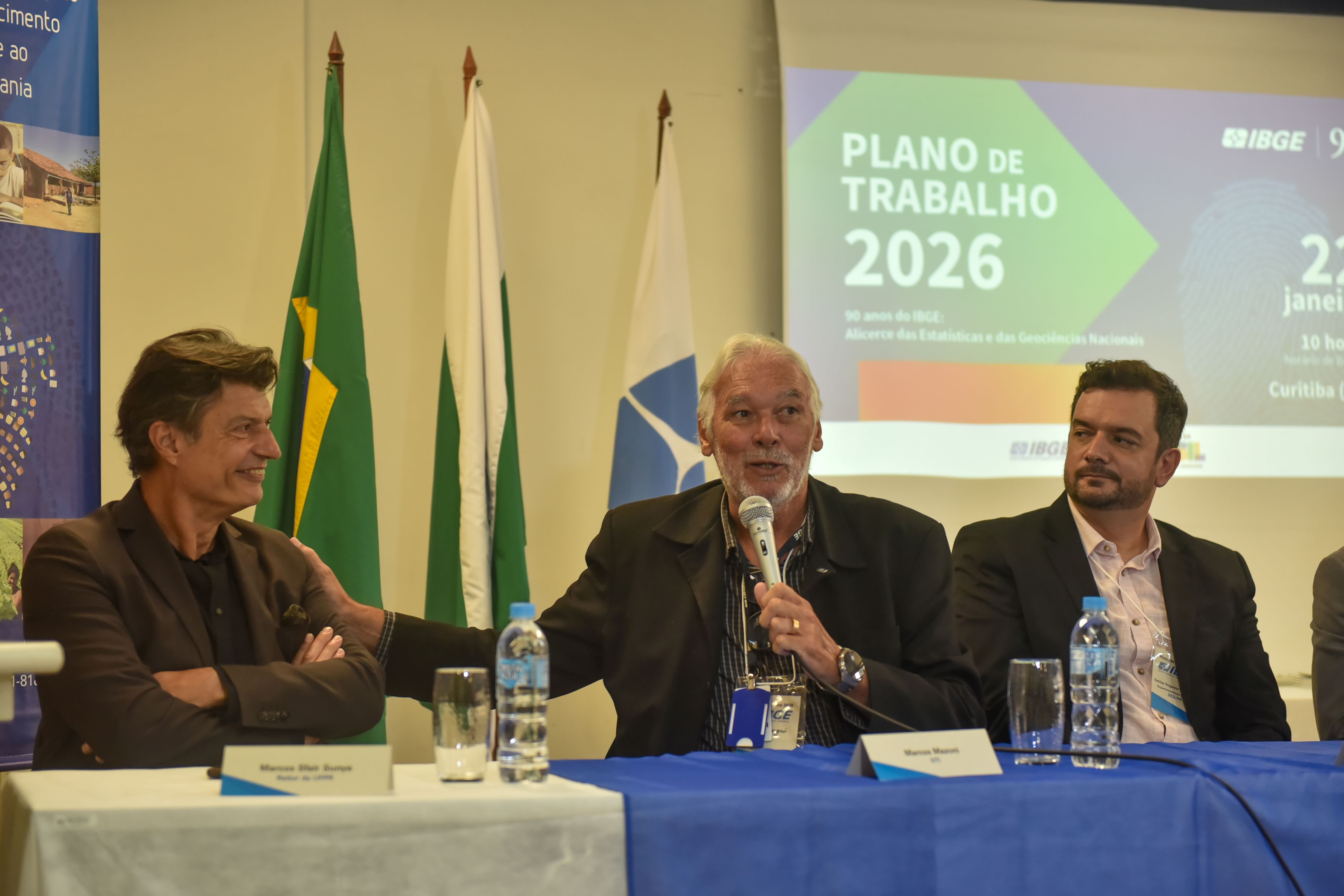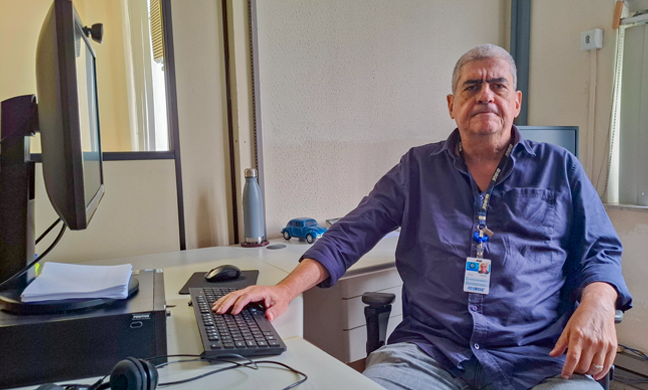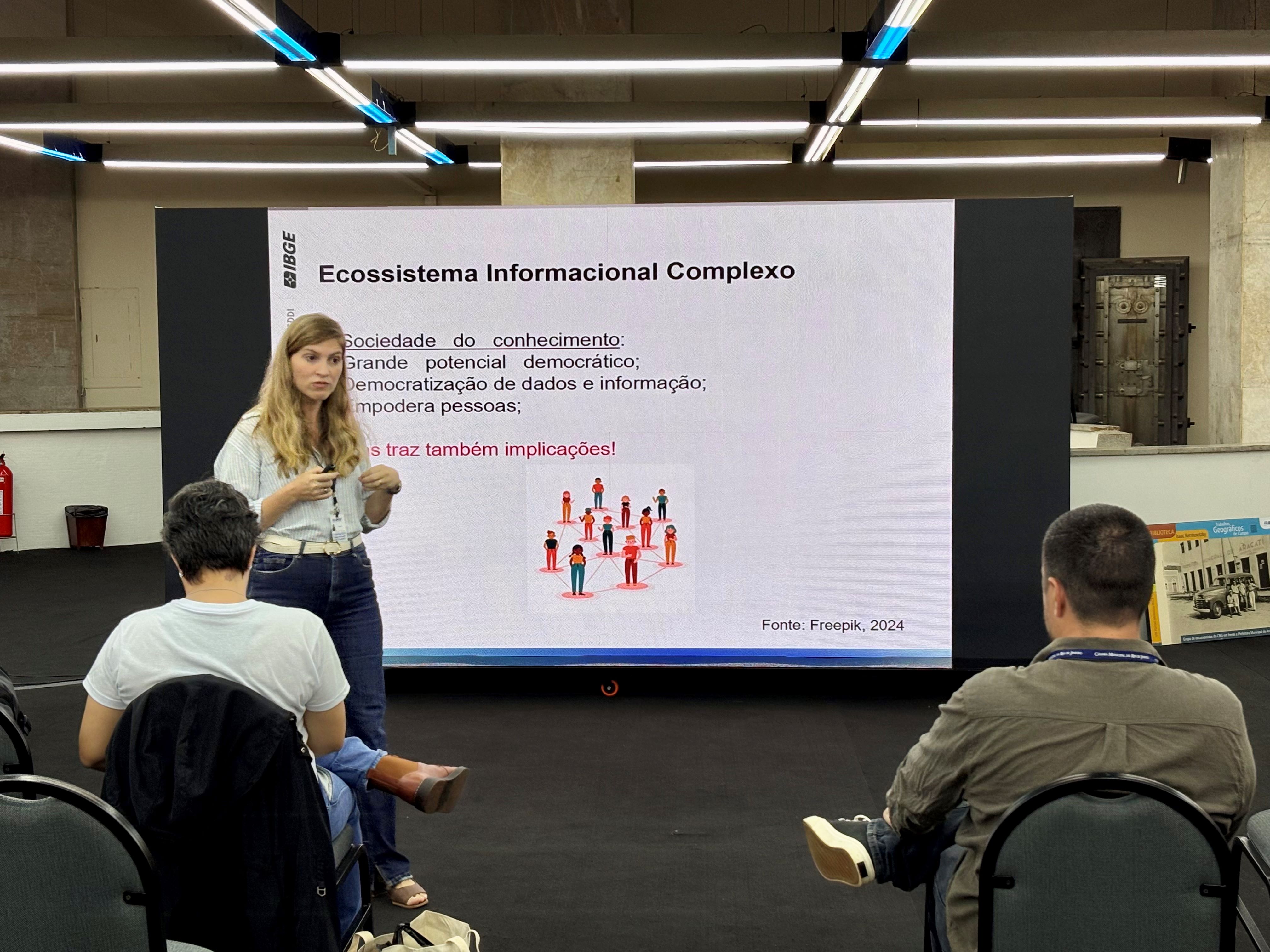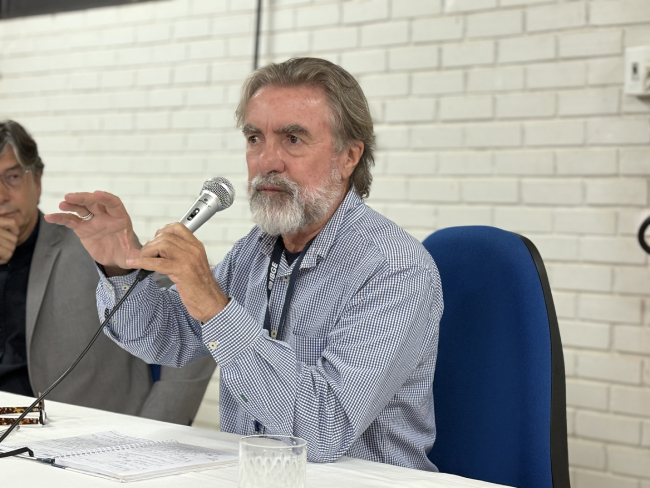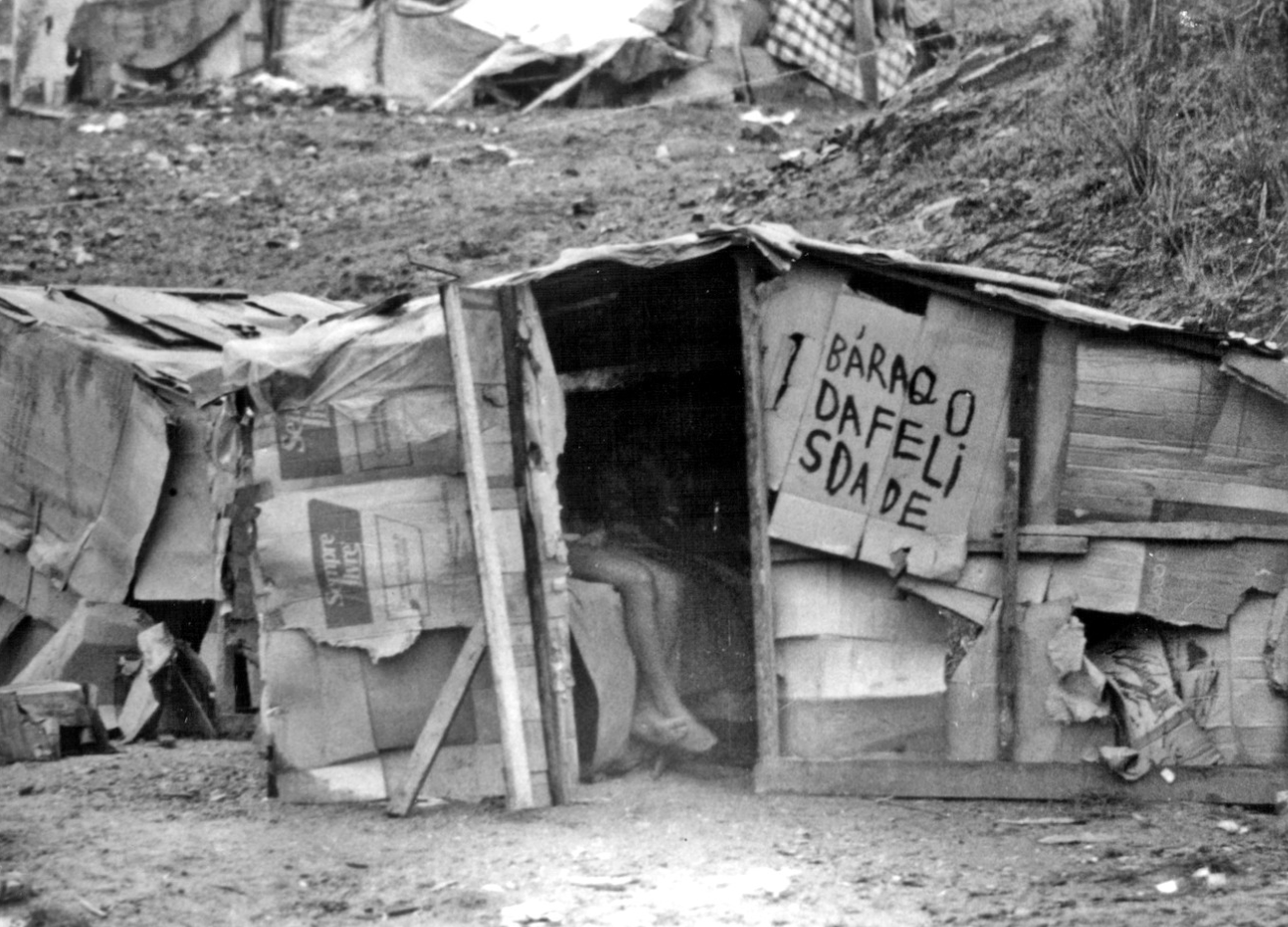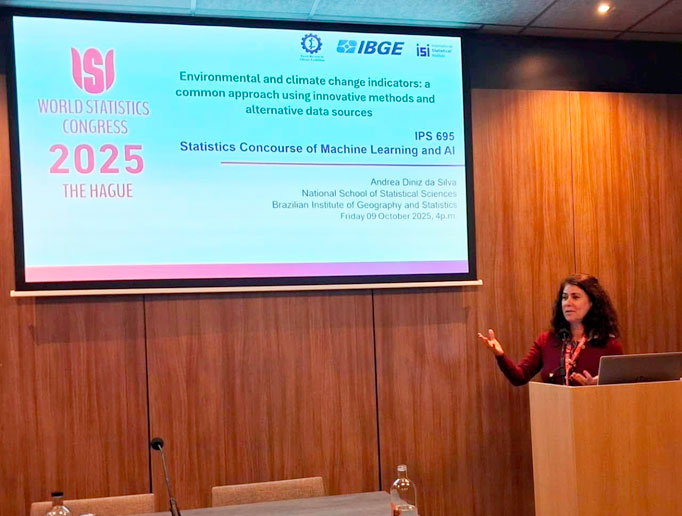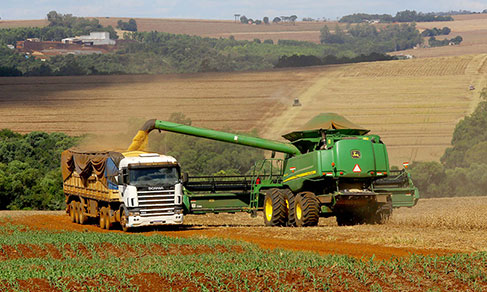SINGED
Anipes held national meeting in Maricá (RJ), approves support to SINGED
March 28, 2024 05h29 PM | Last Updated: April 01, 2024 04h33 PM

Representatives from Brazilian official statistics producers were in the XXV Anipes Meeting with “Production of data to subsidize public policies: challenges and innovations” theme, which gathered more than 200 participants in the city of Maricá (RJ) on March 26-27. Promoted by the National Association of Planning, Research and Statistics Institutions (Anipes), an entity that gathers 39 producers of official statistics at federal, state and municipal levels, the IBGE among them, the event discussed during two days advances and possibilities to integrate the production of statistical information and data in different spheres, as well as expressed their support to the creation of the National System of Geosciences, Statistics and Data (SINGED).
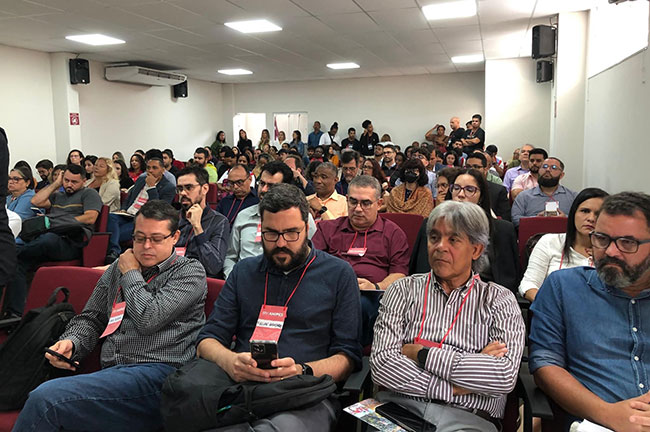
Maurilio Soares de Lima, President of Anipes, highlighted that the state and municipal statistical offices are part of the National Statistical System. For him, “the integration will be completed with the reorganization of the statistical system, which requires training of personnel, recycling and a full set of tools to prepare the personnel of the institutions.”
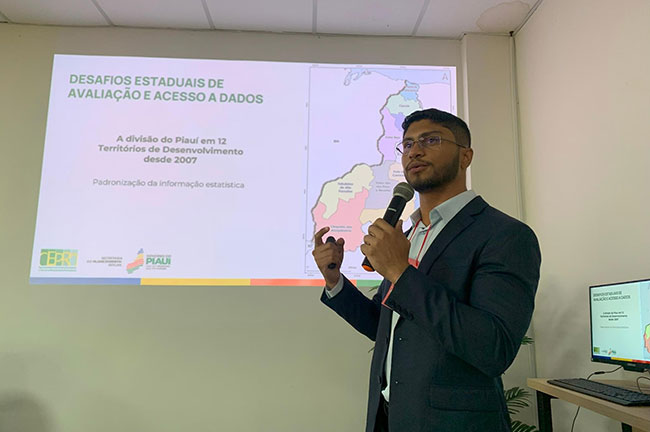
José Acácio, the new President of Anipes, elected in the second day of the meeting, from SEI, an information office from Bahia, argued that the construction of SINGED is more than required and welcome to articulate and organize the production of official data. For him, “this initiative is beneficial for all the actors involved: state and municipal data producers win, as well as the society and managers and executors of public policies.” In the composition of the new directorate, Tassia Gaze Holguin (Conac/DPE) and Roberto Tavares (Cete/DGC), with José Henrique da Silva (Cete/DGC) as deputy member, represent the IBGE.
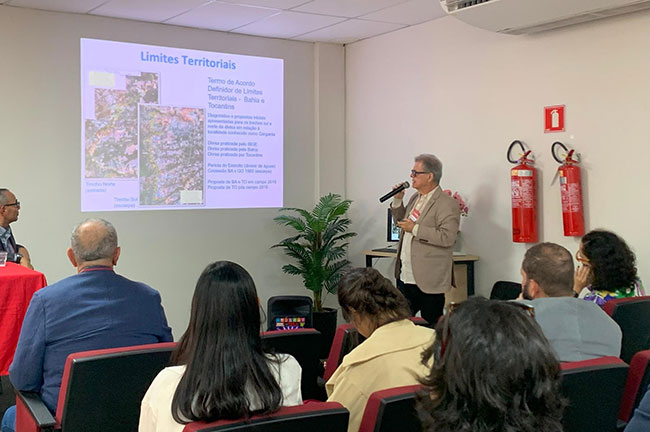
Felipe Cerbella Mandarino, Technical Coordinator of Information in the Municipal Institute of Urbanization Pereira Passos (IPP), of the Rio de Janeiro Administration, reinforced, during his presentation in the “Surveys on climate changes for public management” roundtable, the importance of adopting a national system of geographic and statistical data in order to unify standards and methodologies and understand issues of the national, regional and local markets in a unified way. “As a representative from a municipal information institute, I appreciate this initiative presented by the IBGE,” stated Mandarino.
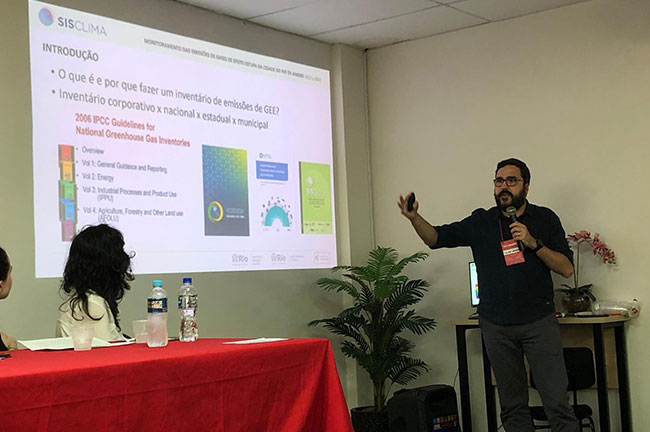
Marcio Pochmann, President of the IBGE, took part in the opening session with Maurilio Soares de Lima, President of Anipes, and Romário Galvão, President of Darcy Ribeiro Institute (IDR). In his speech, Pochmann highlighted the importance of Anipes to build SINGED in the context of the Digital Era, and reinforced the importance of the system to guarantee the national autonomy concerning the information produced and disseminated. Lastly, he emphasized the relevance of the use of technologies, like ChatGPT, to improve the production and dissemination of data to better subsidize public policies in different spheres.
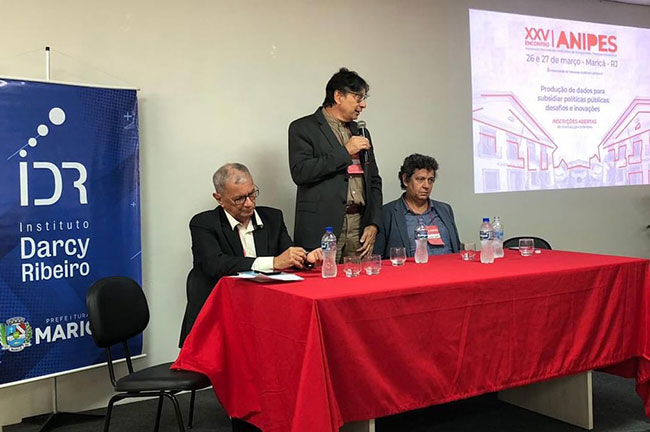
In her participation in the event, Elizabeth Belo Hypolito, IBGE´s Director of Surveys, talked about “Household Surveys: Post-pandemic methodological challenges. José Henrique Silva, from the Directorate of Geosciences (DGC), took part in the “Territorial development and geospatial information” session, highlighting the relevance of updating the territorial borders, which have a direct impact in all the steps of the production of the IBGE´s geographic and statistical information, whose base are the territorial structures.
Letter of Maricá
After closing its XXV Meeting, Anipes approved the Letter of Maricá, supporting SINGED.
Read below the complete document:
Letter of Maricá
XXV ANIPES Meeting
March 27, 2024
The participants of the XXV ANIPES Meeting support the construction and consolidation of the National System of Geosciences, Statistics and Data (SINGED), to foster the modernization, standardization, integration and regulation of the production and dissemination of information in our country, on behalf of the public interest.
It is imperative to develop an autonomous system able to harmonize and create synergies to the production and dissemination of official geoscientific and statistical data, in order to precisely subsidize public policies in different spheres.
The 20th century marked the construction of public offices aimed at the production of official statistical data. At national level, the Getúlio Vargas administration created, in 1936, the Brazilian Institute of Geography and Statistics (IBGE) as part of the modernization and industrialization of Brazil. Many other statistical departments were created within national and regional institutions, producing and disseminating data associated with their respective thematic areas.
Before the dispersion of the production of data, still in the 1970s, laws have been approved aimed at forming a national statistical system, whose role of the IBGE would be to manage and gather the producers, respecting the administrative autonomy of each member of the system.
In the 21st century, the so-called Digital Era, new challenges arise: We witness the outset of an era of unprecedented abundance of information. The Internet and other information and communication technologies boosted the production and demand of both official and non-official data. Nevertheless, the challenge of the good use of statistics and geoscience is enforced.
Therefore, it is important to foster the integration and harmonization of the production of official data, as well as to protect personal data and, consequently, to strengthen the national sovereignty.
Therefore, the current scenario is marked by the methodological and technical dispersion in the production of information and studies that, even released based on good practices, face difficulties to read the reality and subsidize, more precisely, the transformations required to portray the country, in order to reduce regional and socioeconomic inequalities.
SINGED will aim at creating a national coordination of the organization and production of official data, improving the possibilities of their use and, consequently, the ability to subsidize public policies in different spheres.
The system will fight against potential weaknesses due to the fragmentation and dispersion of the national administrative records, as well as reduce the vulnerabilities due to the presence of the Big Techs, capturing and using information and data from the Digital Era.
Moreover, the adoption of a national system will allow the creation of synergies, through cooperation, in building an ecosystem of official data, respecting the administrative autonomy of each producer, yet creating methodological and conceptual harmonization.
In this respect, ANIPES, an association that gathers 39 institutions from different spheres, comes to the public to support the importance of building SINGED. We believe that this system will be able to modernize the geoscientific and statistical production, respecting the autonomy of the institutions in the production of data and, at the same time, providing more uniformity and harmony to the production of information, currently scattered and with a little chance to inter-operate systems and cross databases.
We invite technical-scientific institutions, the academia, the organized civil society and other actors of the ecosystem of science, technology and innovation to support the construction of the National System of Geosciences, Statistics and Data (SINGED), as well as those interested to subscribe this letter.



